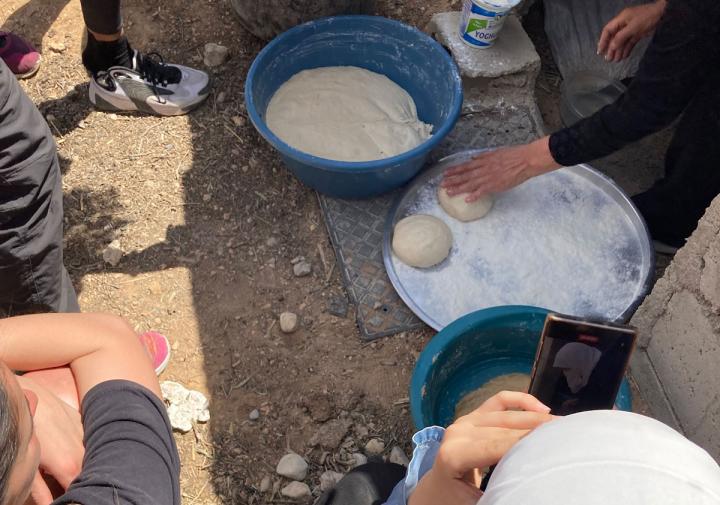The instructors revealed that they were struck by how few offerings there are on campus about gender in development studies. This course is cross-listed with Feminist, Gender, & Sexuality Studies.
“Together we developed this iteration of the course in hopes of beginning to fill crucial gaps in development studies,” Sidle shares.
As academics and professionals in the development space, they sought to find the right balance between theory and practice. The course considers historical lineages of feminism and development theory that led to women and girls as an important part of society. Students then examine the programs and policies associated with these lineages and consider how women's and girls' intersectional experiences of gender shape the outcomes of the interventions designed to improve their lives.
By blending practice and theory, students are encouraged to evaluate the material effects of diverse approaches to reducing gender inequality through case studies, writing, and readings.
“We must equip our students with theory and practice so that they can navigate the world and tackle urgent challenges that we see in gender and development,” Kintzi says. “Students should not just be consumers of knowledge but actively construct the world they wish to see.”
Sidle admitted concerns early on about the dense, complex material presented in class, but as the class unfolded, she was blown away by students’ ability to critically analyze and synthesize what they learned
“I feel honored, privileged, and fulfilled to have taught this course that targeted justice-based perspectives and approaches,” Sidle says. “Teaching this course has been the joy of my year.”
Sushmi Majumder ’25 is a communications assistant in the Department of Global Development with a double major in Development Sociology and Communication.








